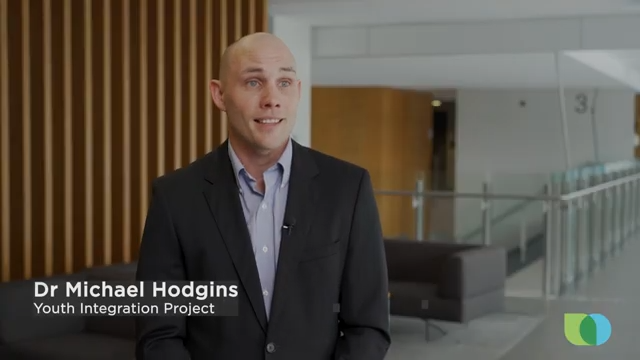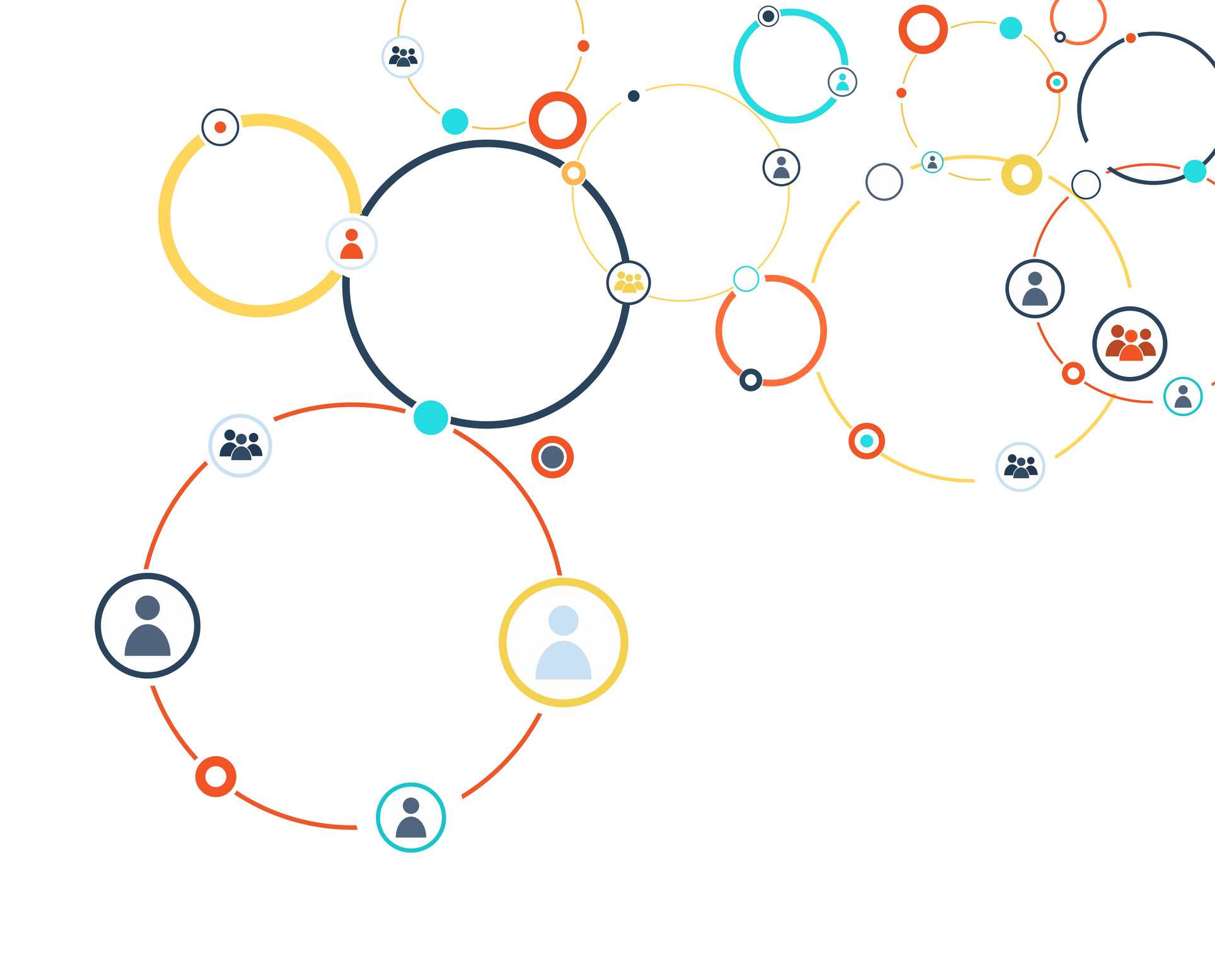The Evidence
The Youth Integration Project
Funded by the Commonwealth Government’s Department of Health and Aged Care, the Youth Integration Project is a research collaboration between Mindgardens Neuroscience Network, headspace National and other partners to explore how to fine-tune the youth mental health system. It is based on the belief that we can extract better value from the system if we integrate young people’s care across disparate services, provide information in forms young people and their families can readily use, and make services more approachable and logical to navigate.

In the first stage, researchers from UNSW Sydney reviewed academic and general-audience publications to build a picture of integrated youth mental health care. In partnership with headspace National, they examined real-world examples of services for people aged 12 to 24 years, such as the Australian headspace services, and the Foundry, in British Columbia, Canada, to examine what promotes integration and what stands in the way.
In its next stage, the Mindgardens Youth Integration Project is piloting novel solutions to these issues that can be rapidly scaled up if effective. The Youth Service Integration Resource Kit is one of these solutions.
We think service integration can transform young people’s mental health care; now we are committed to finding practical evidence that it actually works.

Rate your Level of Service Integration
Explore the core components of integrated care
Research papers and reports from the Youth Integration Project
A framework for evaluating the implementation and maintenance of integration within the youth mental health system
Integrated care models for youth mental health: A systematic review and meta-analysis
Evaluating youth mental health service integration in Australia using the Youth Integration Project (YIP) framework
Frontline provider perspectives on integrated youth mental health care: A qualitative study
Review of Integrated Care in Youth Mental Health
Brings together the strengths of four founding organisations




